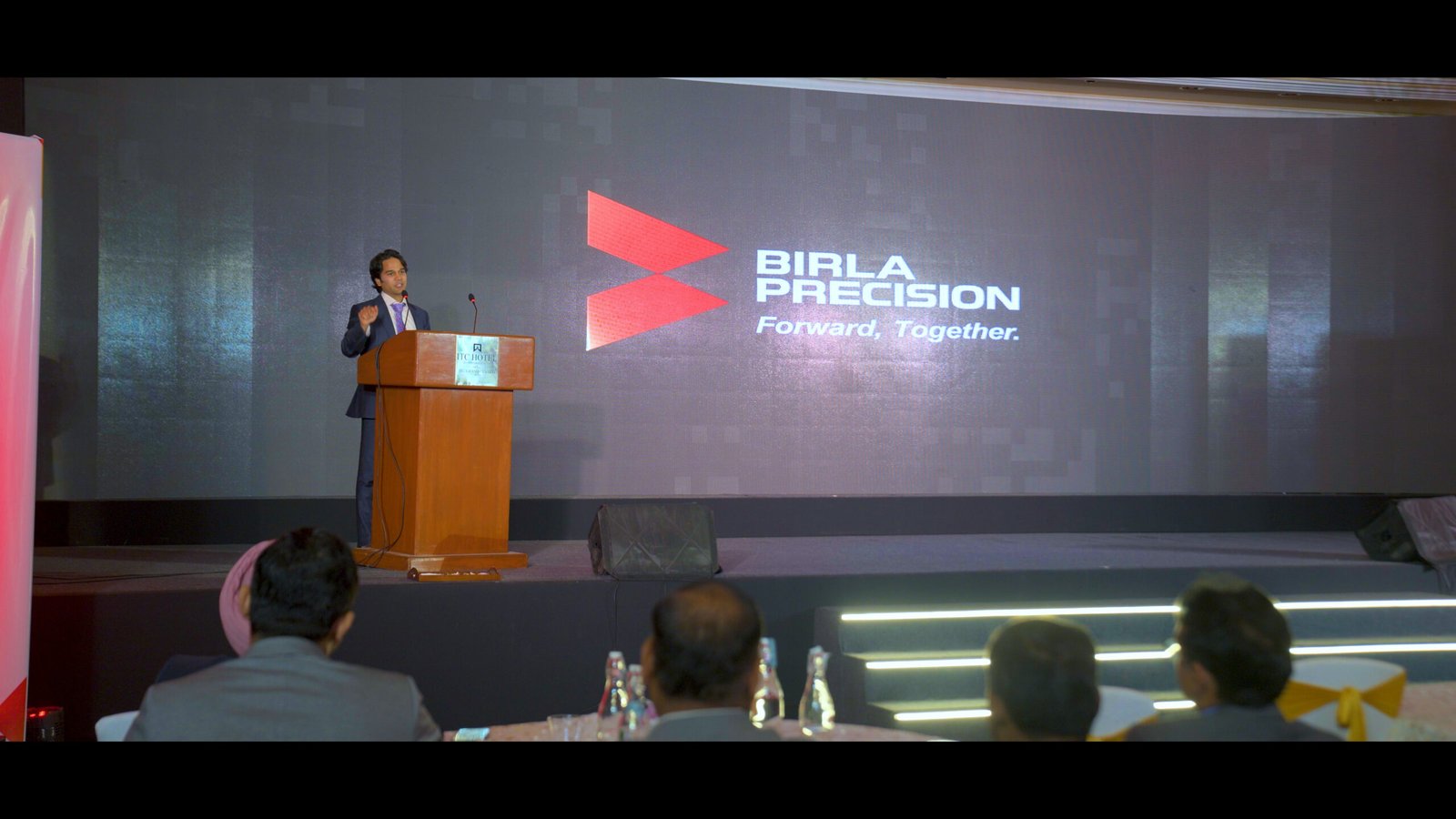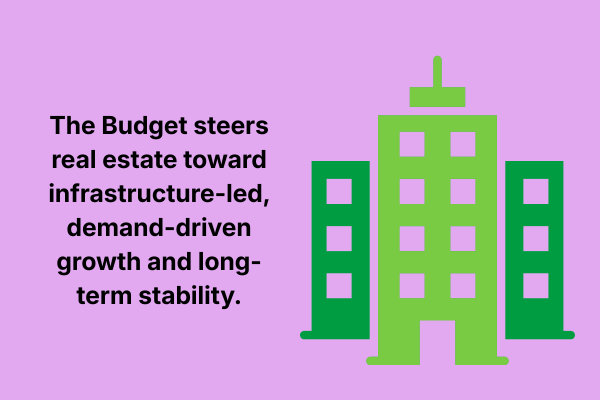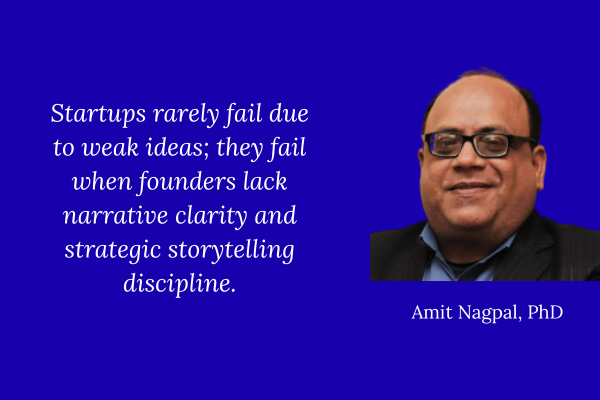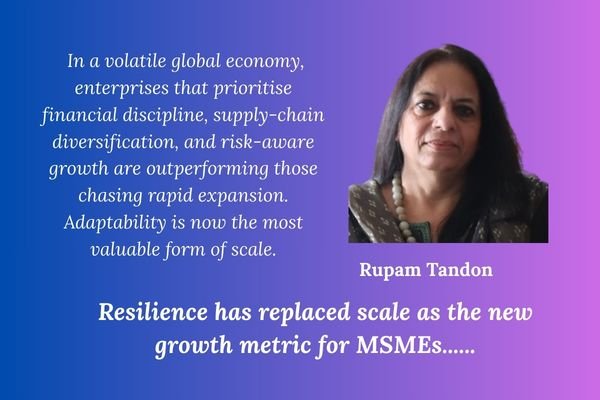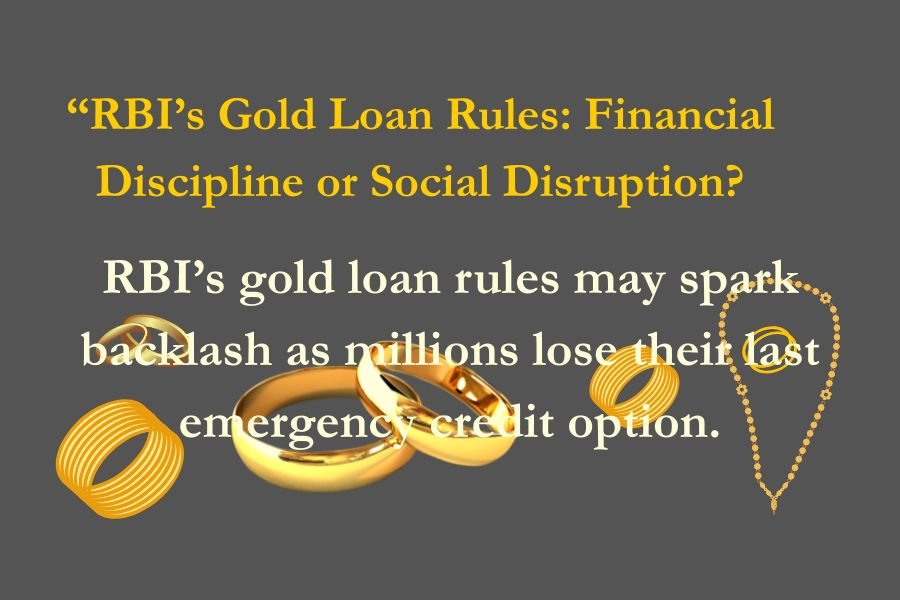When Emergency Credit Becomes a Casualty of Regulation!!!A probable political backlash could emerge as millions of low-income and rural families—struggling to access emergency funds—perceive the new RBI gold loan norms as a government-endorsed closure of their last legal credit lifeline, especially in an election-sensitive climate.While the RBI is constitutionally independent and rightly so, monetary policy doesn’t exist in a vacuum. When credit dries up at the grassroots, discontent brews, especially when it’s seen as a result of policies that favour systemic conservatism over human need.
In tightening the regulatory framework around gold loans—especially those issued by NBFCs—the Reserve Bank of India (RBI) may have unwittingly shut down the last accessible line of credit for millions of Indian households.
While the policy may appear sound in intent—aimed at risk containment, asset quality control, and avoiding over-leverage—the outcome could be socially regressive, economically restrictive, and politically consequential.
Gold Loans: The Last Resort of the Common Indian
For decades, gold loans have functioned as the most accessible and reliable source of emergency credit. They serve as the unofficial insurance policy of the poor and lower-middle classes: one doesn’t need a salary slip, CIBIL score, or guarantor—only a few grams of family jewellery and a real need.
Whether it’s an unexpected hospitalisation, a daughter’s wedding, or a bad crop year, gold loans—offered even by PSU banks—have been a lifeline, not just a financial product.
By reinforcing the 75% LTV cap, capping repayment within 12 months, and discouraging bullet loans and rollovers, the RBI is effectively reducing the amount people can borrow in times of crisis—and shortening the time they have to repay it. These may look like prudent regulatory limits from Mumbai’s Mint Road, but in India’s small towns and villages, they translate to:
🔻 Lower funds when most needed,
🔻 Stricter timelines under economic distress, and
🔻 More friction in an already underbanked system.
Formal Finance: Open in Theory, Closed in Practice
India has made significant progress in banking penetration—thanks to Jan Dhan, Aadhaar, and mobile connectivity. But access to an account is not access to credit. The poor and informal workforce, who often don’t have verifiable income records, rely disproportionately on gold-backed lending—because it’s the only credit they can get legally.
Now, with tighter rules and decreasing viability for NBFCs to serve these segments, we risk pushing these people back into the arms of informal lenders—unregulated, often exploitative, but accessible.
This not only undermines the financial inclusion agenda the government has championed but also damages the credibility of the formal credit system among India’s most vulnerable.
A Political Blind Spot?
While the RBI is constitutionally independent and rightly so, monetary policy doesn’t exist in a vacuum. When credit dries up at the grassroots, discontent brews, especially when it’s seen as a result of policies that favour systemic conservatism over human need.
In an election season or during socio-economic turbulence, perceptions matter. If millions feel that even gold—once their final fallback—is now beyond reach, it creates a trust deficit not just with financial institutions but with the broader promise of economic empowerment.
India’s gold is not speculative capital—it is survival capital. A regulatory misstep here does not just restrict credit; it compromises dignity, weakens resilience, and reopens the doors to debt bondage.
Author Profile

-
Perumal Koshy is Editor of Global SME News and Director of Strategic Initiatives at Enterprise Futures Lab. He writes on MSMEs, enterprise development, and policy issues affecting small business ecosystems.
Linkedin: https://www.linkedin.com/in/caushie/
Latest entries
 FEATURED2 February 2026Outlook 2026 | Real Estate: Infrastructure-Led Growth, Integrated Communities, and the Trust Imperative
FEATURED2 February 2026Outlook 2026 | Real Estate: Infrastructure-Led Growth, Integrated Communities, and the Trust Imperative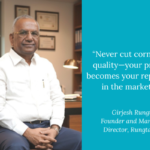 Entreprenurs30 January 2026Quality, Crisis, and Consistency: The Rungta Tea Story
Entreprenurs30 January 2026Quality, Crisis, and Consistency: The Rungta Tea Story Entreprenurs21 August 2025Entrepreneurship, Values, and Corporate Governance: Building Nations, Not Just Profits
Entreprenurs21 August 2025Entrepreneurship, Values, and Corporate Governance: Building Nations, Not Just Profits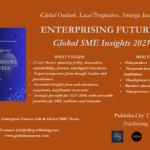 Africa13 August 2025 A New Landmark Report Calls for Rethinking SME Policies, Digital Readiness, and Sustainable Growth
Africa13 August 2025 A New Landmark Report Calls for Rethinking SME Policies, Digital Readiness, and Sustainable Growth
